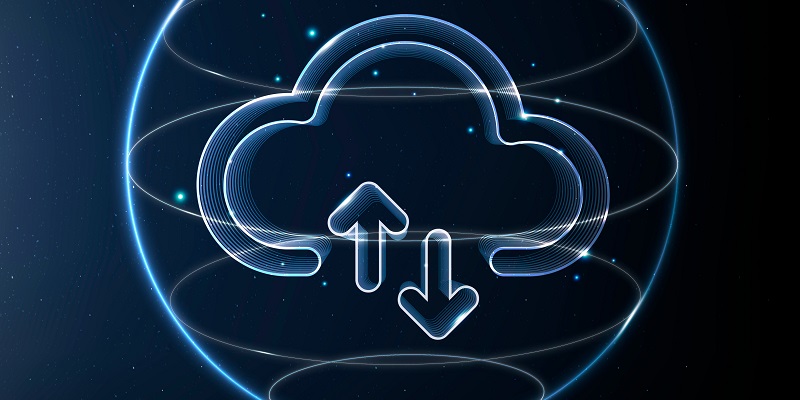In today’s digital age, data protection and compliance have become crucial for healthcare organizations. With the increasing adoption of cloud technologies, it is essential to understand how to ensure data security while complying with industry regulations such as HIPAA, HITRUST, and ISO 27001. This article provides a comprehensive guide for healthcare organizations on protecting patient data and staying compliant in the cloud.
Not just uploading data and enabling encryption
In the cloud, data security goes beyond simply uploading patient data to cloud storage and enabling encryption. Healthcare organizations must prioritize reviewing all relevant data privacy considerations and implementing strong encryption controls. This includes assessing data sensitivity, access controls, data encryption at rest and in transit, and secure data handling practices.
Infrastructure as a Service (IaaS) model
In this model, cloud providers offer computing resources, including hardware and software, on-demand. It provides flexibility and scalability, making it an attractive option for healthcare organizations looking to leverage the cloud for hybrid or multi-cloud workloads.
Platform as a Service (PaaS) model
Combining development flexibility and fully managed services, the PaaS model offers healthcare organizations the ability to focus more on application development rather than infrastructure management. This model streamlines the development process and enhances efficiency.
Importance and relevance of auditing
Auditing is a critical metric of success in the healthcare sector. It ensures that healthcare organizations comply with industry regulations, protect patient data, and maintain the integrity of their systems. Cloud environments require specific attention to auditing practices to ensure transparency and accountability.
Addressing auditing requirements in cloud environments
Healthcare organizations should work closely with their cloud service providers to establish robust auditing mechanisms. This includes maintaining comprehensive logs, tracking user activity, analyzing system events, and implementing real-time threat detection and incident response measures. Regular audits help identify vulnerabilities and strengthen security measures.
Challenges in adopting new technologies like cloud services
The adoption of cloud technologies in healthcare brings about unique challenges. These include complex regulatory requirements, legacy systems integration, budget constraints, and staff training gaps. Overcoming these challenges is crucial for a successful and secure cloud adoption journey.
Importance of health care-specific and up-to-date training
To address the learning gaps in cloud adoption, healthcare organizations must invest in providing tailored, up-to-date training that covers the specific security issues relevant to their industry. This ensures that staff members understand and follow best practices for data protection and compliance, ultimately minimizing the risk of data breaches and non-compliance.
Partnering with Orca Security for Cloud Security
Partnering with a trusted cloud security provider like Orca Security can significantly enhance data security and compliance efforts. Their expertise in cloud security, continuous monitoring, and threat intelligence allows healthcare organizations to leverage the cloud while maintaining a robust security posture.
How Orca Security helps healthcare organizations stay secure and compliant
Orca Security offers advanced cloud security solutions designed specifically for healthcare organizations. Their comprehensive platform provides real-time visibility into cloud environments, detects vulnerabilities, and offers remediation recommendations. With Orca Security, healthcare organizations can establish a reliable and strategic path to adopting the cloud while staying secure and compliant.
Healthcare organizations must prioritize data security and compliance when adopting cloud technologies. By understanding the importance of comprehensive data protection, choosing the right cloud computing model, addressing auditing requirements, bridging the adoption and learning gaps, and partnering with a trusted cloud security provider like Orca Security, healthcare organizations can confidently embrace cloud technology while safeguarding patient data and ensuring regulatory compliance. With the right approach and expertise, the cloud can bring enhanced operational efficiency, scalability, and innovation to the healthcare industry.

